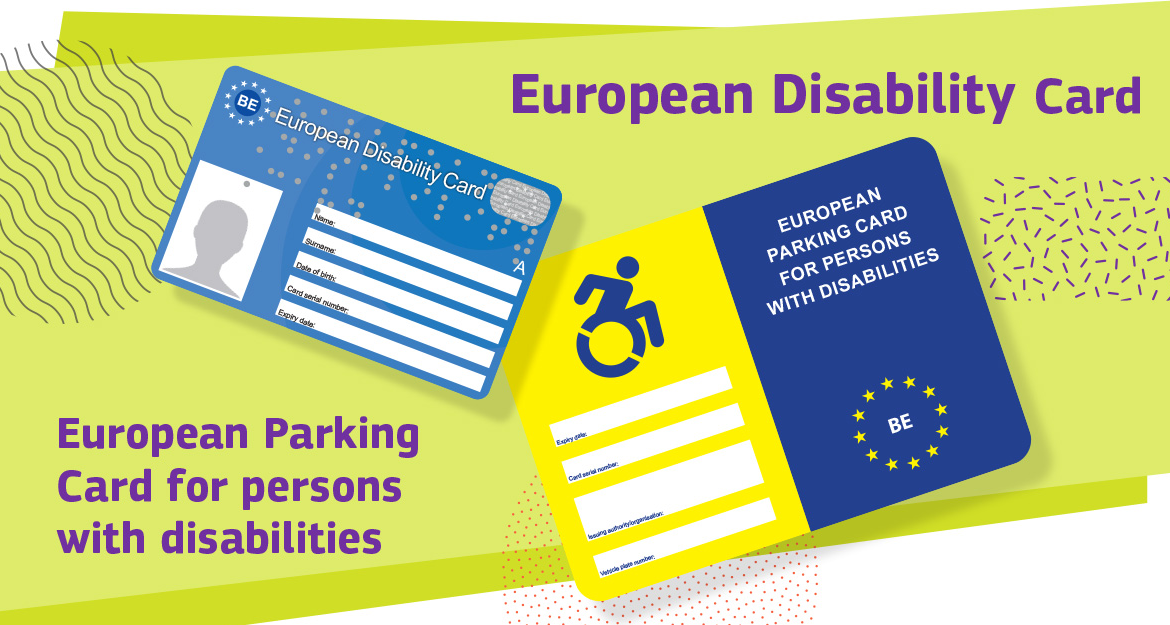
After an in-depth consultation period and a pilot phase involving eight EU countries, the European Commission has presented its proposal for the European Disability Card. It is a landmark for the disability movement in Europe, that has been advocating for it for the past 10-years. Autism-Europe welcomes this step forward to improve the free movement of persons with disabilities and the mutual recognition of the disability status across Europe, although some concerns remain regarding the scope of the proposal.
The European Disability Card will serve as a proof of disability status across all EU countries. It will grant cardholders equal access to special conditions and preferential treatments anywhere in the EU.
The special conditions apply when using public transport, attending cultural events and visiting museums, leisure and sports centres, amusement parks, and more. They can take the form of, among others:
- free entry
- reduced tariffs
- priority access
- personal assistance
- mobility aids
The European card will complement national disability cards, which will continue to be awarded by national authorities, based on their own criteria.
The European disability movement has welcomed the legislative proposal from the European Commission, which enhance the free movement rights for people with disabilities by facilitating the mutual recognition of disability status for cardholders within the European Union. Autistic people would particularly benefit from the European Disability Card, allowing them an easier recognition of their disability when traveling across Europe. It is indeed critical that people with invisible disabilities can easily prove their disability without hassle and long explanation.
We welcome that the European commission proposes a Directive that includes both the European Disability Card and the Disability Parking Card (both in digital and physical formats), however we consider that a regulation would have ensured harmonisation. Compared to the current European Parking Card, the updated version will allow persons with disabilities to access the same parking rights available in another Member State.
What are the gaps?
While we welcome this proposal as an advancement towards more freedom of movement for people with disabilities across Europe, some of the recommendations put forward by Autism-Europe in its position paper published in December 2022, alongside other disability organisations have not been met.
Indeed, as stated by the European Disability Forum, “while the rationale for the Card has improved from the conditions of the pilot project, it still misses measures to facilitate persons with disabilities to move to another EU country for work or study.”
The current proposal only covers temporary travels (tourists and people on short stays). We regret that the card does not apply when people have one’s disability status re-assessed from scratch when moving permanently to another EU country. This process can be particularly lengthy and complex for autistic people.
In addition, it is a concern that the proposal is a Directive and not a Regulation. This means that, while the Regulation is fully binding for Member States, the Directive will eventually have to be incorporated by each EU country into their national law.
What are the next steps?
The Commission’s proposal will now be discussed by the European Parliament and the Council. The proposal foresees that once adopted, Member States will have 18 months to incorporate the provisions of the Directive into national law.
You can access more information on the European Commission’s proposal here